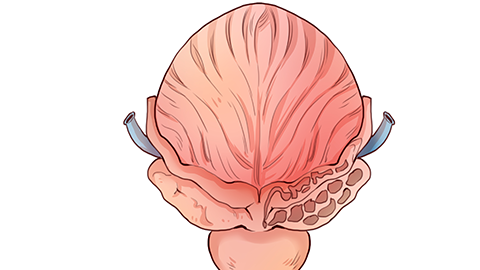Is surgery required for benign prostatic hyperplasia (BPH)?
Generally, whether benign prostatic hyperplasia (BPH) requires surgical treatment needs to be comprehensively evaluated based on the severity of the condition, symptom presentation, and effectiveness of medication therapy. If discomfort symptoms occur, timely consultation and treatment at a regular hospital are recommended. Detailed analysis is as follows:

If a patient's BPH is mild, with only slight symptoms of frequent urination and urgency, no significant difficulty in urination, or symptoms effectively controlled through standardized medication treatment, and daily activities are unaffected without complications such as urinary tract infection or bladder stones, surgery is not necessary. Continued medical treatment and regular follow-up examinations can maintain stable condition.
If a patient's BPH is severe, and symptoms such as difficulty urinating and incomplete bladder emptying persist despite medication treatment, or complications such as urinary retention and hydronephrosis develop, or the enlarged prostate severely compresses the urethra affecting kidney function, surgical intervention should be considered. Surgery can remove part of the enlarged tissue, relieve urethral obstruction, restore normal urination function, and prevent further damage to the urinary system health.
In daily life, it is important to follow medical advice and take medications on schedule without stopping or adjusting the dosage擅自 (without authorization). Maintain regular urination habits and avoid holding urine to prevent worsening urethral obstruction. If sudden difficulty in urination or inability to pass urine occurs, immediate medical attention is necessary to avoid delaying treatment.





